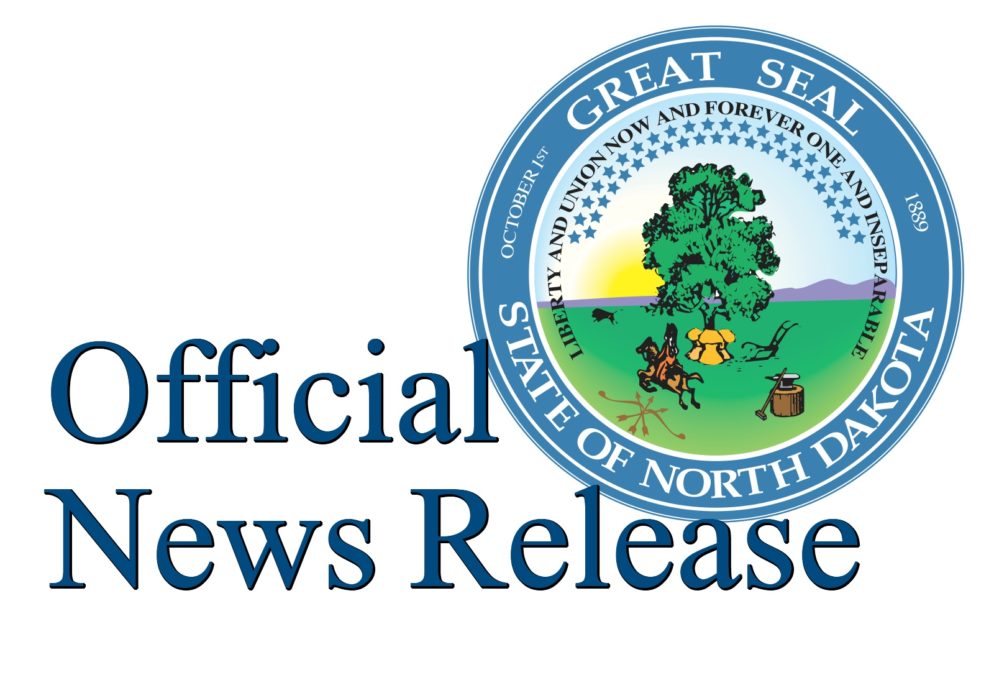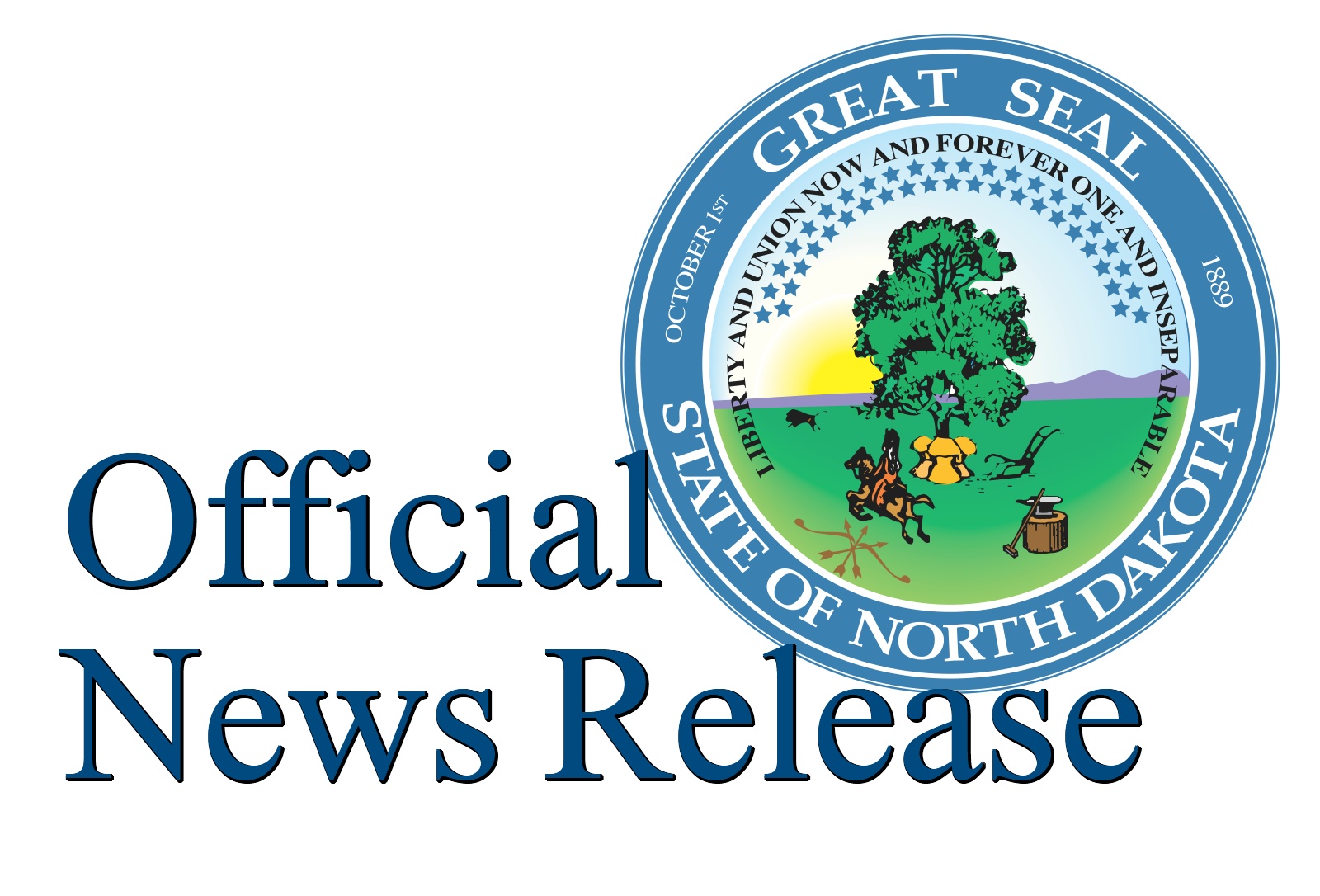— Official News Release, ND Department of Health —
In an effort to reduce suicide rates in the state, the North Dakota Department of Health (NDDoH) is expanding their community education programs to educate citizens on how to recognize the warning signs of suicide. Suicide is a condition that affects people of all races, ages and socioeconomic status.
“One of the best ways to reduce suicide rates is to increase community awareness of the prevalence of suicide in North Dakota. Most people who are experiencing suicidal thoughts do not want to die; they only want their pain to end. Offering to talk to people about their thoughts of suicide and referring them to other people who can help is one way to end the pain without ending a life,” says Micki Savelkoul, Suicide Prevention Program Director at the North Dakota Department of Health.
Suicide numbers continue to climb both nationally — 40,600 in 2012 — and within North Dakota — 138 in 2013, which is the most recent data. In 2013, North Dakotans between the ages of 35 and 44 had the highest rate of suicide in North Dakota at 31.9 per 100,000, followed closely by people ages 25 to 34 with a suicide rate of 29.8 per 100,000. Community education programs focus on teaching people how to identify warning signs and how to ask about suicidal thoughts, as well as provide resources for those thinking of suicide. These trainings are known as “gatekeeper” trainings. A gatekeeper is someone who is able to recognize warning signs of emotional distress and crisis. Gatekeepers can include a variety of community members, from parents and friends to caseworkers and firefighters.
North Dakota Department of Health is offering two community education programs free to communities upon request. The programs are SafeTALK and QPR.
SafeTALK: SafeTALK is presented in a three-hour classroom-style training that focuses on how to identify warning signs that people who are experiencing suicidal thoughts exhibit when thinking about suicide. SafeTALK also teaches participants how to connect people experiencing suicidal thoughts to resources that can help.
Question, Persuade, Refer (QPR): QPR is presented in a 1- to 2-hour training session. Participants in this training will learn how to identify warning signs of suicide, how to ask the question of suicide, how to persuade that person to get help, and how to refer someone to a higher level of care.
If you are interested in one of these community programs being held in your community or other suicide prevention programs and activities, contact Micki Savelkoul, North Dakota Department of Health.




